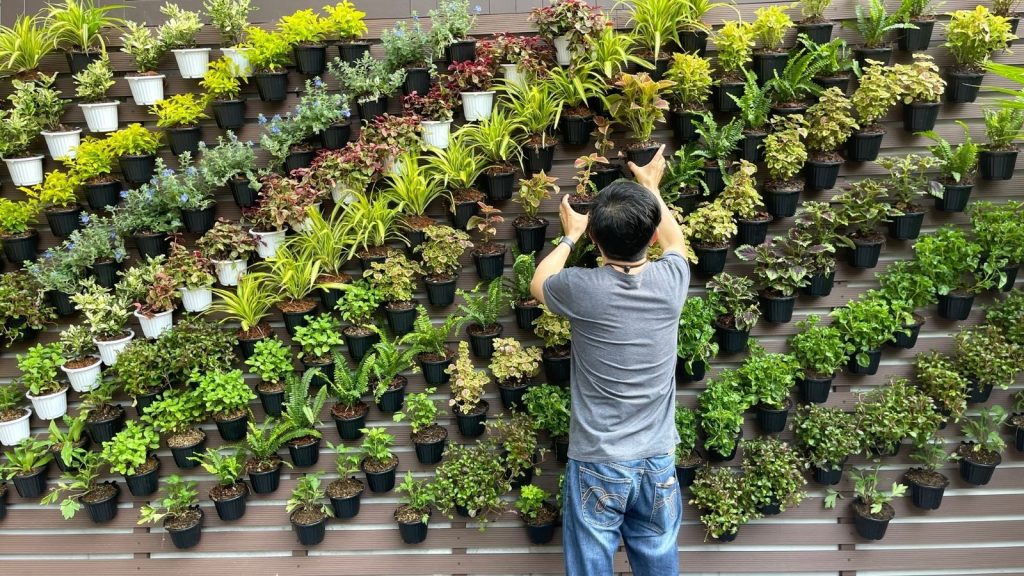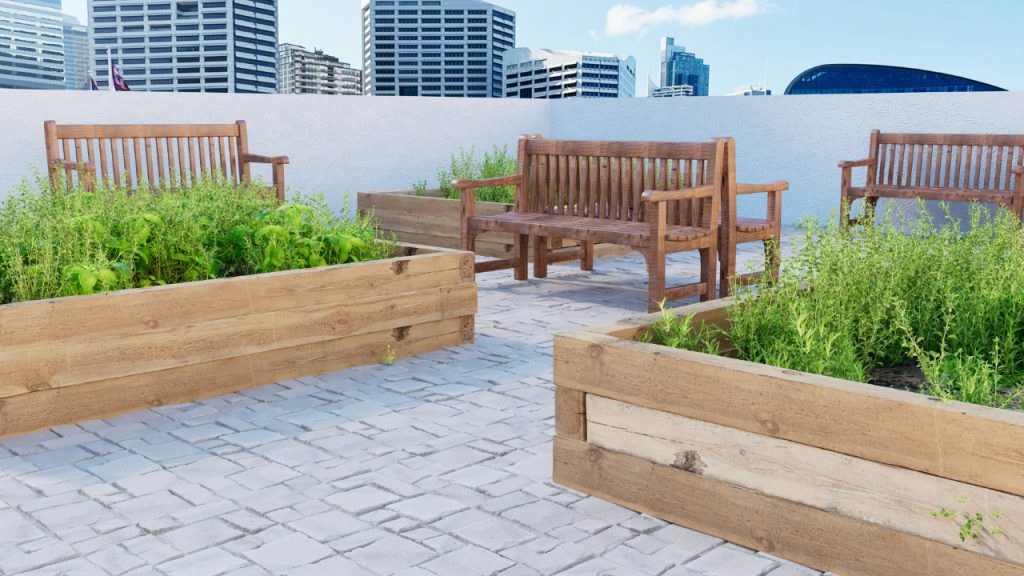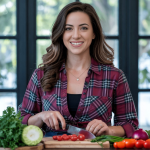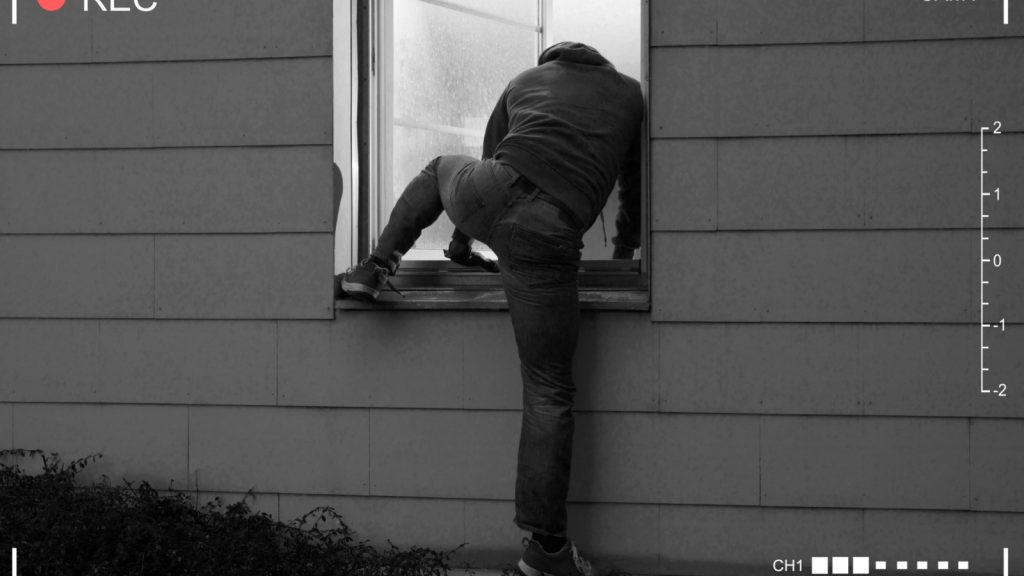Living in a city often means access to endless conveniences—grocery stores, public transit, and emergency services are all just a call or a block away. But what happens when those systems fail? That’s the question driving a growing number of urbanites to embrace prepping as a way of life. Far from being just a rural trend, urban prepping has taken off as people living in crowded cityscapes realize the importance of self-reliance in the face of potential crises. Whether it’s a power outage, a natural disaster, or a supply chain disruption, urban preppers are finding creative ways to prepare for the unexpected.
This movement is more than stockpiling—it’s about learning skills, using space wisely, and thinking critically about how to survive in a modern, fast-paced environment. Below, we’ll explore some of the most practical and inspiring ways city dwellers are gearing up for resilience and peace of mind in uncertain times.

Maximizing Small Spaces for Storage
Urban preppers know that space is a premium commodity in city apartments. Creative storage solutions are key to prepping in limited square footage. Many use under-the-bed bins, vertical shelving, and hidden compartments to store supplies like food, water, and medical kits. Vacuum-sealing items reduces bulk, making it easier to stash essentials without taking over your living space.
Building Urban Gardens for Food Security
Cities might lack open fields, but that hasn’t stopped preppers from growing their own food. Rooftop gardens, balcony planters, and even indoor hydroponic systems are becoming popular among urban preppers. These setups allow them to grow fresh vegetables, herbs, and fruits, providing a reliable food source that doesn’t depend on supply chains. It’s also a sustainable and rewarding hobby.
Learning Essential Survival Skills
Urban preppers focus on skills that suit their environment. This includes learning how to purify water from unexpected sources, administer first aid, and navigate the city in an emergency. Some even take classes on urban foraging to identify edible plants in parks or green spaces. These skills help ensure survival when modern conveniences aren’t available.
Embracing Portable Power Solutions
Power outages are a common concern for urban preppers. Portable solar panels, battery banks, and hand-crank chargers are lifesavers when the grid goes down. Compact and efficient, these devices are perfect for apartment dwellers who don’t have room for large-scale generators. Having access to power means staying connected and keeping essential devices running during a crisis.
Building Community Networks
Prepping isn’t just about individual survival; many urban preppers are forming community networks to share knowledge and resources. A strong network can provide mutual aid during emergencies, whether it’s borrowing tools or offering emotional support. These groups also help spread valuable information about urban-specific preparedness strategies.
Navigating Transportation Challenges
In a city, transportation can be a lifeline, but it’s also one of the first things to break down in a crisis. Urban preppers plan alternate routes and methods of travel, like bicycles or sturdy walking shoes, in case public transit isn’t available. Some even invest in foldable bikes or lightweight carts to help transport supplies over short distances.
Adopting a Mindset of Adaptability
Above all, urban preppers cultivate a mindset of flexibility and adaptability. Cities are unpredictable, and successful prepping requires the ability to think on your feet and use what’s available. This mental preparedness often makes the difference between panic and problem-solving during a crisis.
Cassandra’s expertise in traditional food preservation techniques stems from her grandmother’s teaching and her own experiments with traditional methods and food science. She specializes in fermentation, canning, smoking, curing, and root cellaring.
“Modern convenience has disconnected us from ancient wisdom about storing food without refrigeration. These methods don’t just preserve nutrients—they enhance them.”



